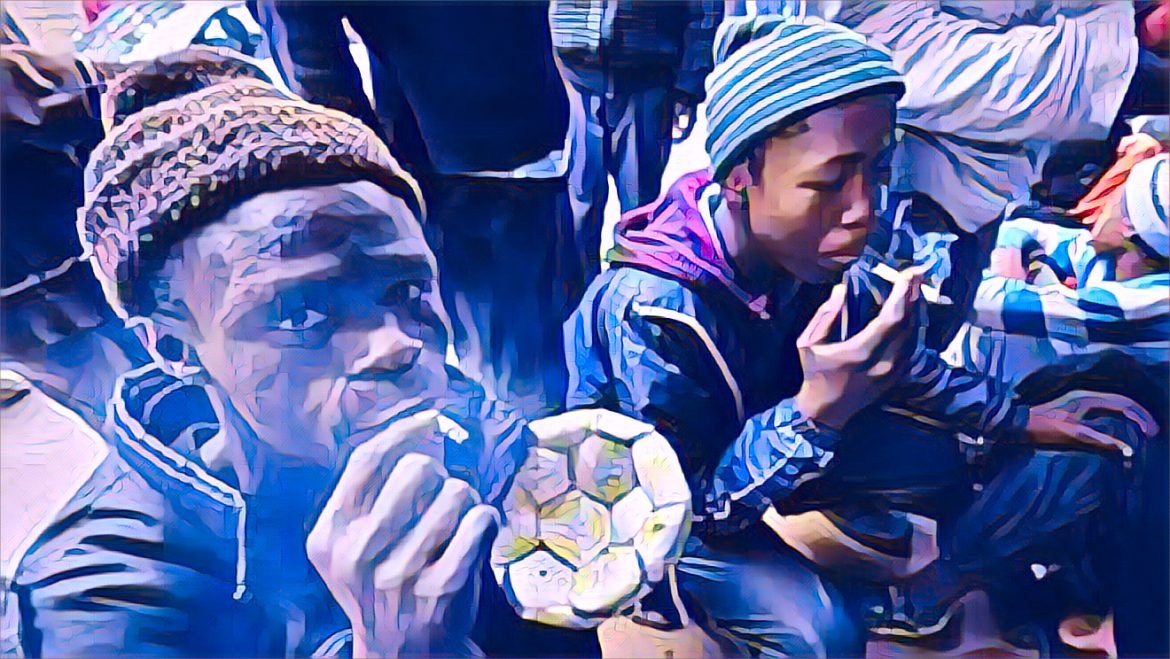KEY POINTS
- Substance abuse in Zimbabwe is increasing due to economic hardships and social challenges.
- Health and social consequences affect individuals, families, and communities.
- Rehabilitation efforts face challenges like limited resources and stigma.
Substance abuse has become a growing concern in Zimbabwe, affecting individuals, families, and communities across the nation.
In other words, with economic hardship, high levels of unemployment, and social problems most often force people to find their way into drugs and alcohol as a coping strategy.
Addressing this issue requires a comprehensive approach that involves education, rehabilitation, and community support.
The Rise of Substance Abuse in Zimbabwe
Recently in Zimbabwe, there has shown a trend to increase use of illicit drugs especially among the youth.
Substances such as crystal methamphetamine, or ‘“mutoriro” in Zimbabwean slangs or “guka” as it is locally called, have recently been into very high use not only in cities but also in the rural areas. This is made worse through easy access and affordability.
A report by the Zimbabwe Civil Liberties and Drug Network (ZCLDN) indicates that substance abuse is fueled by factors such as poverty, peer pressure, and lack of recreational facilities.
Economic instability also has forced a large number of citizens to lose all hope and turn to substances via escape routes. Isolation and stress factors also contributed to a great new rise in rates of drug and alcohol abuse by the COVID-19 pandemic.
Impact on health and society
The consequences of substance abuse are far-reaching, affecting not only the individuals involved but also their families and communities.
Health menaces such as mental disorder along with other cardiovascular issues and a rise in infectious diseases such as HIV/AIDS are rife with substance users.
According to World Health Organization (WHO), substance abuse increases mental health disorders within Zimbabwean population.
Substance has increased domestic crime rates and violence and fragmented families. Such moves result in less community productivity with more resources shifted towards the newly emerging problems.
The Zimbabwe Republic Police have experienced a spurt in drug-related crimes over the past few years.
Rehabilitation efforts and challenges
It is evident that substance abuse has started taking its toll, and thankfully, both the government and NGOs have started within proper rehabilitation programs through which it should be addressed. Acknowledgment is only a first step, and acting on that plan is another thing altogether.
Facilities such as the Highlands Halfway House and Ingutsheni Central Hospital provide treatment and support to individuals battling addiction.
However, these facilities face numerous challenges, including limited funding, inadequate staffing, and stigma associated with mental health and substance abuse.
Most of these rehabilitation centers are found in urban areas, leaving out rural people totally without an option.
The Zimbabwe National Drug Master Plan (2019-2025) was developed to provide a strategic framework for addressing substance abuse. It covers prevention, treatment, rehabilitation and policy development.
Community-based solutions
Addressing substance abuse in Zimbabwe requires community involvement. Grassroots organizations and community leaders play a vital role in creating awareness and providing support systems.
Initiatives such as youth clubs, sports programs, and vocational training offer alternative activities that engage young people constructively. The Young People’s Network on Sexual and Reproductive Health, HIV and AIDS (YPNSRHHA) conducts outreach programs to educate youth on the dangers of substance abuse.
In truth, indeed, awareness campaigns conducted in schools and communities will work to clear misconceptions that surround drugs and highlight the evils of drug abuse: Education Coalition of Zimbabwe (ECOZI) is working to ensure the integration of substance abuse education into the school curriculum.
Faith-based organizations also contribute by offering counseling services and moral guidance. Collaborative efforts between government, NGOs, and communities are essential to create a supportive environment for recovery.


